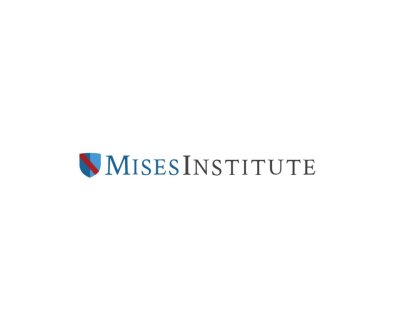Inside Guatemala’s Libertarian University
This is a chapter from The Latin America Red Pill (2024) by Fergus Hodgson. An audio version, as of July 2025, is available via Audible and the Impunity Observer.
Note: this account comes from 2017–2018, but I am writing it in 2024. I had a Poets & Quants interview in 2019 about the case, so I am somewhat drawing on that.
After moving on from the PanAm Post in 2016, I debated what to do next with my life. In particular, I wanted to go beyond journalism and add more practical value. Since I loved economics, I looked to finance, a subfield of applied economics.
That led to a search around the world for graduate programs in finance, and eventually I stumbled across the Master of Finance (MFIN) at Francisco Marroquín University (UFM) in Guatemala City. Beyond UFM’s libertarian inclinations—which motivated founder Manuel Ayau (1925–2010), whom I admired—this program had many advantages. I had been to UFM before and could move to Guatemala without any visa challenges, at least for the duration of my studies. There was also no tax on foreign income.
Further, the MFIN had a doble titulación with Tulane University in Louisiana. That means you graduate simultaneously with degrees from two different universities. At the time I was not familiar with this approach, but I had lived in New Orleans and assumed Tulane to be relatively rigorous.
Apparently, the doble titulación is commonplace among Latin American universities, and that should have been a red flag. Typically, students want more prestige from an Anglo-American or European university. Sometimes the lesser programs align with the very top schools in Latin America, such as the Catholic University of Chile.
However, the existence of the doble titulación begs the question: why do Latin Americans strongly prefer the branding associated with universities from outside the region? Further, how desperate are the more prestigious universities to make a buck that they partner with much less selective programs?
Little did I know, but I was soon to find out. I got more of an education than I bargained for.
Warning Signs
People in Guatemala whom I respect and trust suggested this was a risky move, although I did not understand why. One UFM professor told me that the university was going through a lackluster era. A local who had worked at UFM told me she knew of an American who had recently begun studies at UFM and then left abruptly.
However, the MFIN program would allow me to strengthen my Spanish, and at half the price of studying at the Tulane campus (US$33,000 versus about $61,000). It all seemed like an ideal fit and even too good to be true. The MFIN director (who soon resigned from UFM) interviewed me and welcomed me to the UFM Business School (Escuela de Negocios). With admission in hand and an apartment sorted within walking distance, I was eager to get started with readings and classes.
I must admit that the technical Spanish spoken in finance classes was beyond what I was accustomed to, and it was awkward because I knew all the students understood my English. Often, I would approach lecturers during or after class and get clarification in English.
However, I soon also became aware of a serious problem: everyone else knew each other, and they coordinated their quizzes and assignments, both during and after class. I was the lone non-Hispanic, and I can only remember there being one or two Latinos not born in Guatemala, out of perhaps 40 students in the cohort.
Coming to a Head
Cheating—or collaboration, if we are being charitable—seemed to be taken fo
Article from LewRockwell

LewRockwell.com is a libertarian website that publishes articles, essays, and blog posts advocating for minimal government, free markets, and individual liberty. The site was founded by Lew Rockwell, an American libertarian political commentator, activist, and former congressional staffer. The website often features content that is critical of mainstream politics, state intervention, and foreign policy, among other topics. It is a platform frequently used to disseminate Austrian economics, a school of economic thought that is popular among some libertarians.



